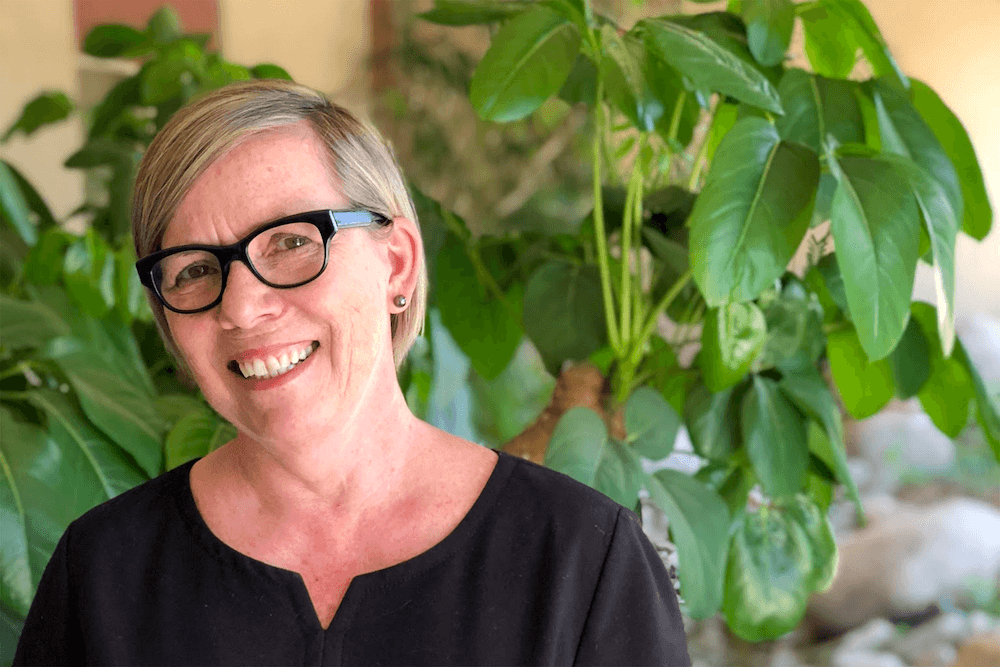
Participant Spotlight: A California ACO delivering real-time data to 72 independent practices and more than 17,000 patients
Lisa Hahn is bringing fresh ideas to value-based care in Southern California. Leveraging her experience in sales and marketing, Hahn has spent the last five years working on population health programs, including her current role as program director for the ACO and Community Care Network at the Inland Empire Foundation for Medical Care (IEFMC). The Medicare Shared Savings Program (MSSP) accountable care organization (ACO) she oversees today is uniquely complex in that it is coordinated across 72 independent practices, each with their own electronic health record systems, care coordination protocols, and clinical cultures, all caring together for a population of more than 17,000 Medicare patients.
“I have 20 years of sales background, so I think what made me successful in many industries, even other than healthcare, is always being empathetic to the end user and wanting to make them a success in what they were doing,” says Hahn.
That empathetic approach is put into action with the physicians and providers in the IEFMC network, integrating data as seamlessly as possible into their workflow to reduce costs, improve clinical outcomes, and make patients happy. She primarily uses the Manifest MedEx health information exchange (HIE) network to provide daily action lists to the participating providers.
“‘Who needs to be on my radar today?’ is the question every doctor should ask themselves in the morning. You can bet it’s not the patients they’re booked to see for a sprained ankle or an annual exam. It’s the patient who could be in trouble if they don’t get attention,” says Hahn.
“I’m proud of our providers for putting this data to work. I’m proud of them for actually reading the email, seeing value in it, and taking action to better care for their patients,”
IEFMC has been a longtime MX participant and has evolved their workflow as MX has grown. Their process of gathering and cleaning up the data each day isn’t always simple for her team, which includes a nurse, social worker, dietician, care coordinators, and health coaches.
“There’s no magic bullet. There really isn’t. I’ve looked at several analytics tools, and I now know that it’s all about what you’re going to do with that data and how you’re going to marry it with boots-on-the-ground efforts,” says Hahn.
In the end, the work is well worth it to help their community of patients and providers to improve medical care. Hahn finds that the warning signs for their patient population is in the patterns of care discovered in the MX data. She once personally found and directed resources to a high-fall-risk patient identified by their population health tool coupled with exploring the HIE system. Data helps IEFMC with their goal of assisting patients to stay more independent and more supported in their own homes.
“It’s the ability to take the MX action list, drill further into Manifest MedEx, look for utilization patterns, which may be costing the system unnecessary dollars — that is impactful. Somebody who uses an ER for four falls in a given year can be helped. Somebody who uses the ER when they have an anxiety attack can be helped. That’s the sweet spot for us. We’re looking for patients using the healthcare system inappropriately. No judgment; it’s just they don’t have the resources they need to overcome those challenges. We get them those resources: the shower chair, the walker, the therapist, the diabetic training, whatever it is. Our model of using our Community Care Network in a value-based project, with good data, like we get from Manifest MedEx, is working to lower costs, improve quality, and increase patient and provider satisfaction,” says Hahn.
To learn more about the ACO work at Inland Empire Foundation for Medical Care, please visit iefmc.org.